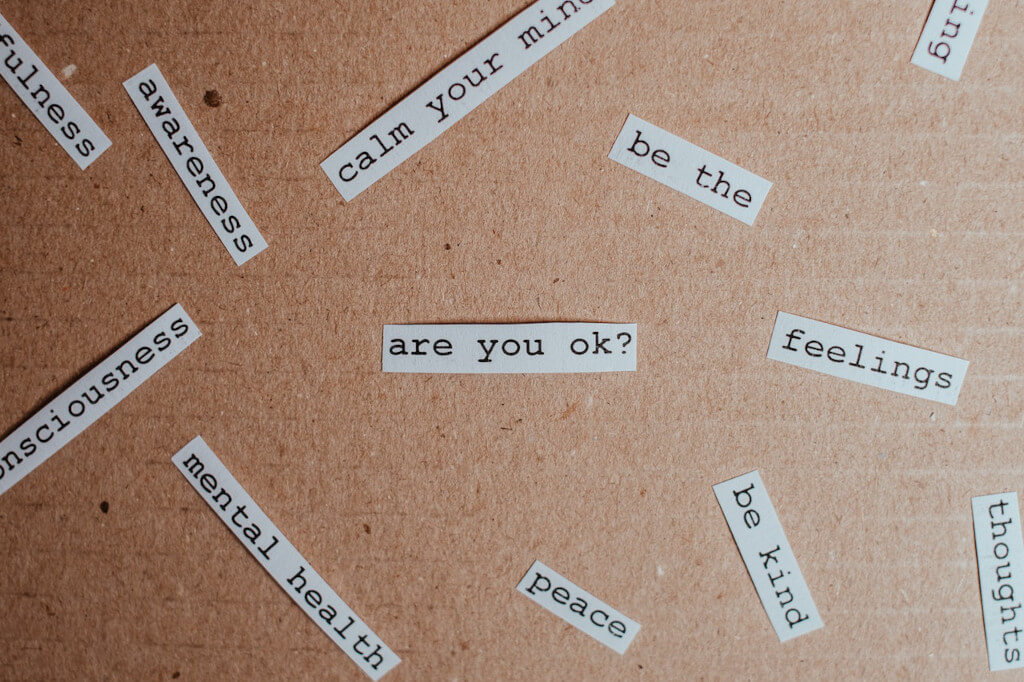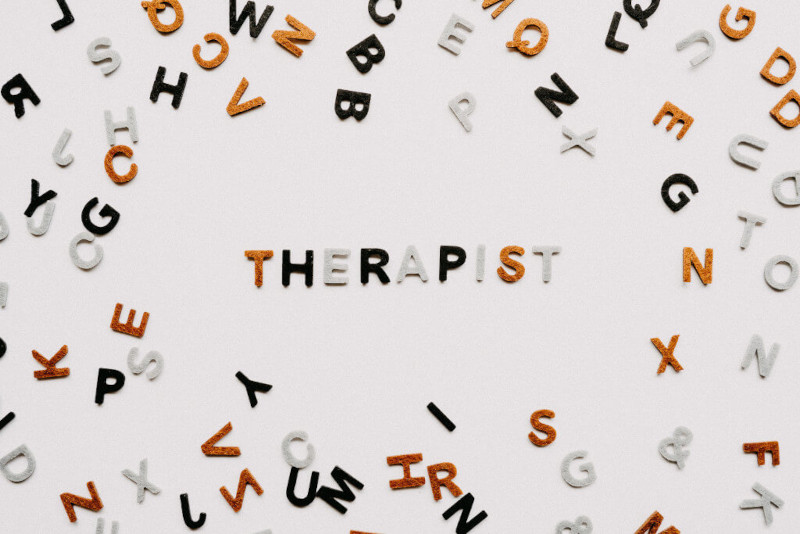
Should I See a Therapist?
Counselling, psychotherapy, and talk therapy are all names for the same process: talking to a qualified expert about your mental health problems or anything else that’s bothering you. One or more specific specialists may be consulted for your care depending on the reason for your visit. While a therapist and a counsellor both approach treatment somewhat differently, both can provide you with the tools you need to better manage your symptoms and get back to living a healthy, happy life. Understand the potential consequences of untreated depression and the importance of seeking professional help for mental health issues.
Seeking help through therapy is neither a sign of weakness nor a cause for embarrassment. The first step towards recovery is realising you’re struggling and seeking assistance. Keep in mind that reaching ‘rock bottom’ or being diagnosed with a mental health disorder are not prerequisites for therapy’s positive effects. Perhaps you’re going through a tough time and could use some advice and support in dealing with whatever it is that’s bothering you at the moment, or maybe you need to work on aspects of your life like your confidence, your relationships, or some old baggage that keeps coming back to haunt you. If you feel like whatever you’re going through is negatively affecting your mental health, it’s okay to talk to a therapist about it.
Here, we’ll go over some of the warning signals that indicate you might benefit from therapy, go over some of the many advantages of therapy, and give you some pointers on how to find the proper therapist for you.
What is the Point of Therapy?

Many mental health issues have symptom improvement that can be achieved through therapy. Symptoms that don’t react well to treatment may subside with time if a person learns how to manage them in therapy. Benefits from treatment appear to endure longer than those from medicine alone. Although medication can alleviate some signs of mental illness, treatment teaches people how to manage a wide range of signs and symptoms on their own. These abilities endure after therapy finishes, and with the therapist’s follow-up care, patients may continue to experience symptom improvement.
Some Indicators That Therapy May Be Helpful
Your Sense of Overwhelm Is Common
Seeking counselling is a smart choice when you have trouble completing daily chores at work or home and find yourself continually questioning your life. Anxiety and depression, which can cause increased stress and a feeling of being overwhelmed, can be addressed and managed through therapy. Having recently or previously experienced trauma is another sign that it’s time to get help. After all, past relationship trauma can have a major effect on present and future interactions. Although there is no one “right” way to cope with trauma, it can be liberating to give ourselves permission to feel and work through the whole range of our emotions.
You’re Dealing With the Grief Process
Living with grief is challenging since it often results in an outburst of intense feelings. If you haven’t noticed any improvement after a significant amount of time, or if it’s beginning to negatively impact your everyday life, it may be time to seek professional assistance. Talk therapy can help you work through your feelings of loss and find ways to go forward with your life.
Your Relationships Are Suffering from Your Increasing Sensitivity
When the dynamics of your relationship shift suddenly, or if you are having trouble communicating with one another, it may be time to seek professional help. Couples counselling is a terrific approach to improving your relationship and has been found to benefit both couples’ emotional health. Having a third party there to help you sort out your emotions and articulate your requirements to your loved ones may be a huge boon during difficult times in a relationship.
To Deal With Your Problems, You Turn to Drugs
Substance abuse may be a coping mechanism you’ve turned to, whether you’ve been diagnosed with a mental health illness (like depression) or are under a great deal of stress. Although you may get some temporary relief, continued substance abuse is associated with negative psychological outcomes. Talk therapy can help with any emotional or mental health issues, as well as with stress management and resolving underlying problems with substance abuse.
If You Feel Like Depression or Anxiety is Lowering Your Quality of Life, Seek Help
Feeling gloomy, losing motivation, feeling isolated, eating less or eating too much, and having trouble sleeping are all symptoms of depression and anxiety. Make an appointment with a therapist if your symptoms are preventing you from functioning normally at home or work. If you’re experiencing any physical problems, it’s a good idea to schedule an appointment with your primary care physician. Likewise, if you’re interested in exploring treatment options with medication, consulting with a psychiatrist is a sensible next step.
You Constantly Solicit the Opinions of Close Associates
Those closest to you are not qualified to be your therapists. The people closest to you, even if they are therapists, are not your therapists. This is helpful because it prevents the limits from becoming muddled and unclear. When you realise your loved ones have become your go-to “sounding board,” it’s time to branch out and find someone else to bounce ideas off of. Even though confiding in friends and family members is often the safest option, it isn’t always the best strategy for breaking a rut. It’s possible that relying on certain people because they make us “feel better” enables our symptoms and keeps us stranded for longer. Build a strong foundation for long-term recovery from cannabis addiction. Read more here.
One of Your Issues is Making You Feel Bad About Yourself
Is it something you feel ashamed about, and if other people knew about it, would it make you feel embarrassed? Repressing emotions rarely works and usually makes things worse. You don’t have to bear the weight by yourself, and therapy can be a wonderful release. As therapists, we’ve heard it all, so it takes a lot to surprise us. A therapist has also pledged to maintain the privacy of your sessions. More than that, a therapist is someone who has made a career out of assisting others and who has been educated to do so without passing judgment. A therapist may be the person you need to unburden yourself of a burdensome secret.
For What Reasons, Should You Consult a Psychotherapist?

Visiting a therapist might help you deal with issues that are weighing heavily on your mind.
Confidentiality
Therapy is completely private. Only in extreme cases, where someone’s safety or the safety of others is at stake, is confidentiality broken. You can feel safe discussing sensitive topics with this person. You won’t be judged here.
Comfort
If you’ve been holding it together on your own for a while, talking to someone who has experience and training in this area can be a tremendous relief. Knowing that there is someone who cares and is willing to help, like a therapist, can be very reassuring.
Positive Ways of Handling Stress
To live a fulfilled and fruitful life, one must develop the capacity to deal with adversity positively and productively. The ability to constructively respond to life’s inevitable bumps is a skill that can be honed via therapy.
Conquering Adversity
Although working through trauma with a trained professional can be challenging, it is possible.
Better Connections
You may maintain healthy relationships and appreciate them more with the help of therapy. You’ll learn to assess the quality of your connections and draw clear lines between yourself and others. Gaining awareness, altering unproductive thought habits, and reducing feelings of isolation are other benefits of therapy. If you are still feeling hesitant about getting therapy, read more about online therapy at Therapy Insights blog so you can have counselling sessions in the comfort of your own home.

The Digestive Process Benefits From Its Presence Basil has numerous benefits, but one of them…

“I prefer to express myself while walking in the rain, ” these immortal words were…

There are health benefits to be found in the peels of many fruits and vegetables. Peeling…



